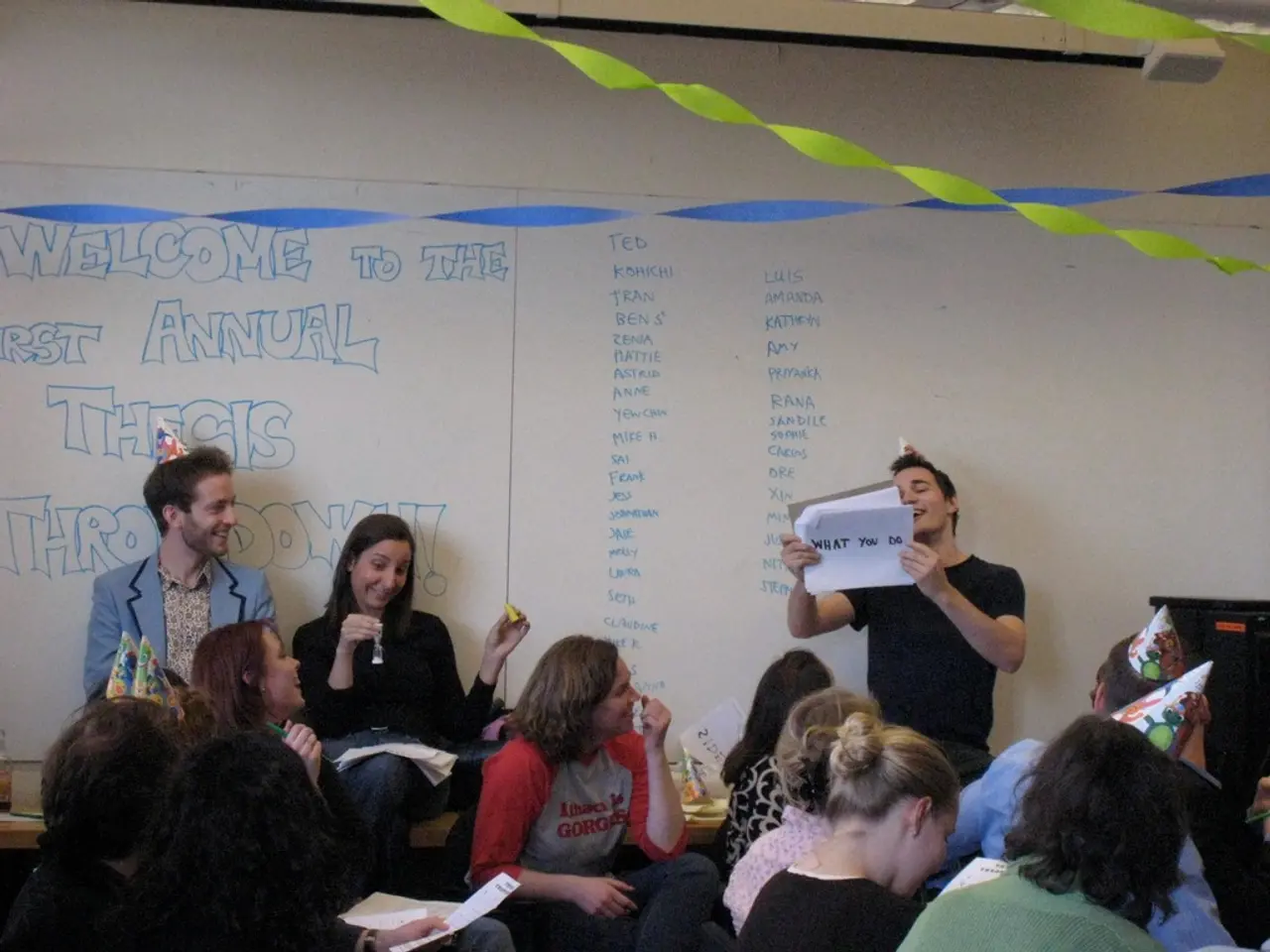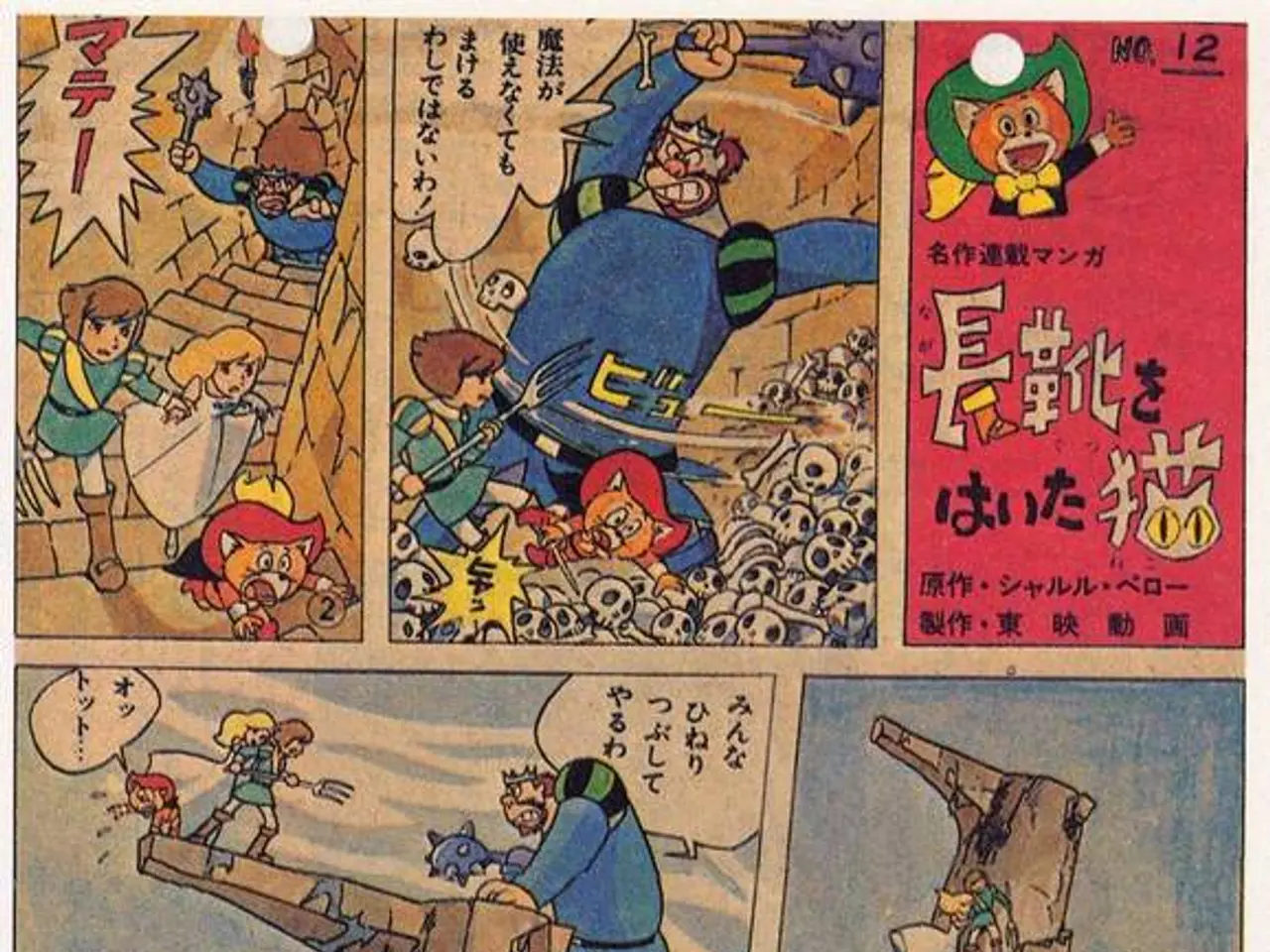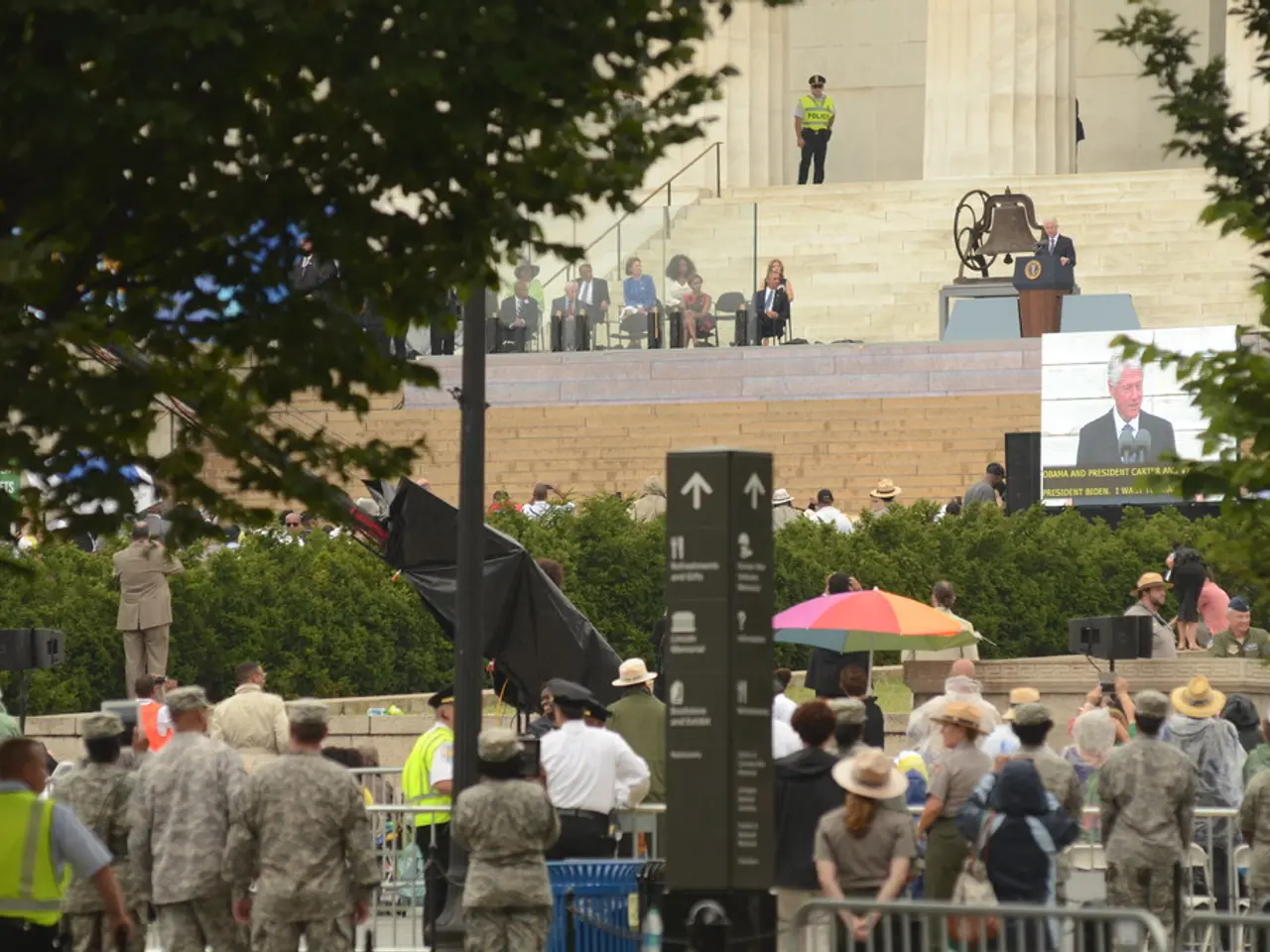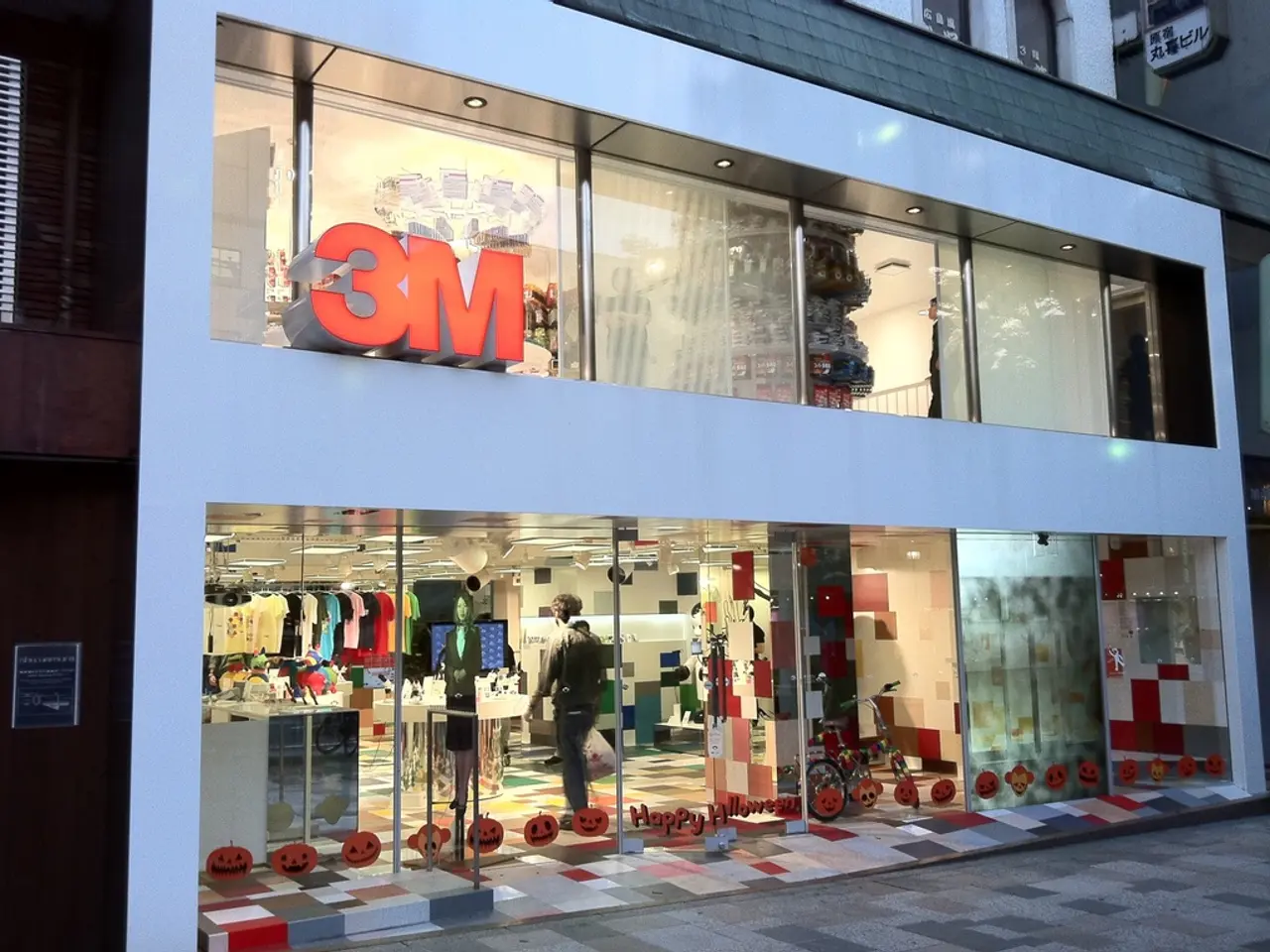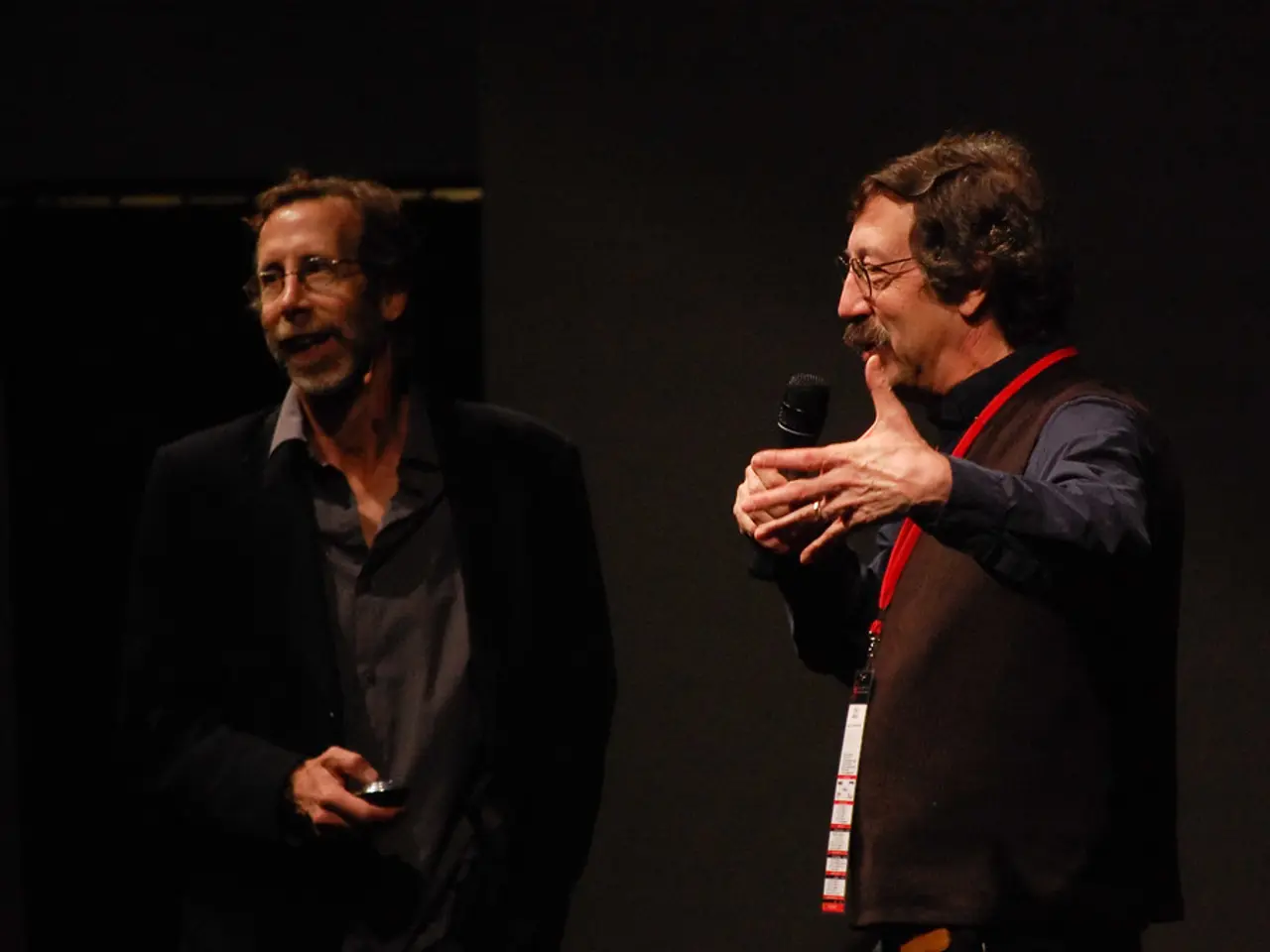Marks the 80th anniversary of the tragic atomic bombing in Hiroshima, commemorating the lives lost
In the ongoing nuclear talks between Russia, the U.S., and Iran, a delicate balance is being maintained as all parties navigate the contentious issue of uranium enrichment.
Russian President Vladimir Putin has privately expressed support for a nuclear deal that would impose "zero uranium enrichment" on Iran, a notably tougher stance than Russia's public position advocating for Iran's right to civilian nuclear enrichment. However, Moscow has denied these reports, reaffirming its commitment to resolving the Iran nuclear issue diplomatically and upholding Iran's civilian nuclear rights.
Iran, faced with the potential re-imposition of sanctions through the JCPOA snapback mechanism threatened by European countries, continues to engage in trilateral talks with Russia and China. These discussions aim to secure diplomatic and political backing against sanctions and to coordinate their positions ahead of renewed U.S.-Iran nuclear negotiations expected soon. Iran has indicated that the resumption of talks with the U.S. depends on its national interest, demonstrating a cautious approach in negotiations.
The U.S., for its part, has made it clear that zero uranium enrichment by Iran will be a key demand in any upcoming talks. Trump's special envoy, Witkoff, is scheduled to visit Russia, with the Kremlin welcoming his arrival. The visit is anticipated to provide an opportunity for further discussions.
Despite the ongoing negotiations, the situation remains fragile, with regional escalations influencing the dynamics. Recent Israeli and U.S. airstrikes have damaged some Iranian nuclear facilities, adding a shadow of military escalation to the negotiations.
Iran's Foreign Minister, Araghtchi, has emphasised that Iran will not forsake uranium enrichment in discussions about its nuclear program. He has also stated that Iran is ready for talks regarding its nuclear program. This readiness, however, does not include the abandonment of uranium enrichment, as per Iran's Foreign Minister.
In summary, Russia privately supports zero enrichment but publicly maintains diplomatic mediation and Iran’s civilian nuclear rights. Iran seeks and relies on diplomatic support from Russia and China to resist sanctions and negotiates cautiously. The U.S. demands zero uranium enrichment and is engaging Iran in talks, but negotiations remain fragile with regional escalations influencing dynamics.
No breakthrough agreement has been reached, and the risk of escalation remains present given the strategic and geopolitical complexities around uranium enrichment and sanctions enforcement. The Kremlin has not anticipated a nuclear escalation.
[1] Reuters, "Russia privately supports zero uranium enrichment for Iran, sources say," 2025. [2] TASS, "Russia denies reports of Putin's tough stance on zero uranium enrichment for Iran," 2025. [3] Financial Times, "Iran turns to Russia and China for diplomatic support against sanctions," 2025. [4] Associated Press, "Iran's nuclear program remains a topic of ongoing negotiations, according to Iran's Foreign Minister," 2025. [5] BBC, "Iran's readiness for talks on its nuclear program does not include the abandonment of uranium enrichment, as stated by its Foreign Minister," 2025.
Politics surrounding the Iran nuclear issue continue to unfold, with general-news outlets reporting on the delicate dance between multiple parties. As negotiations progress, the U.S. insists on zero uranium enrichment by Iran, a point of contention for Iran, which has emphasized its unwillingness to forsake uranium enrichment in discussions about its nuclear program. The situation remains fragile, with both regional escalations and the potential for diplomatic support from Russia and China playing significant roles.
